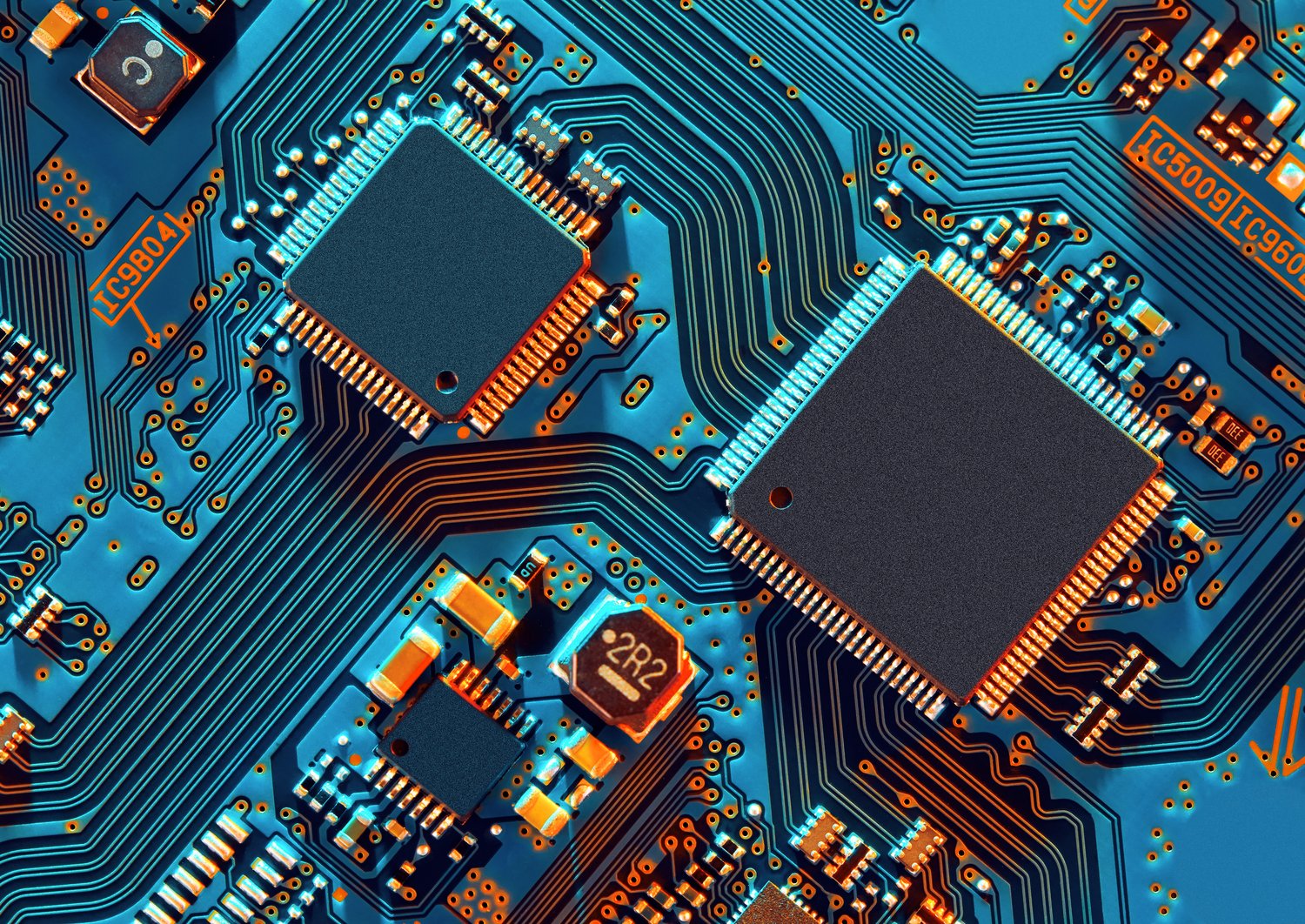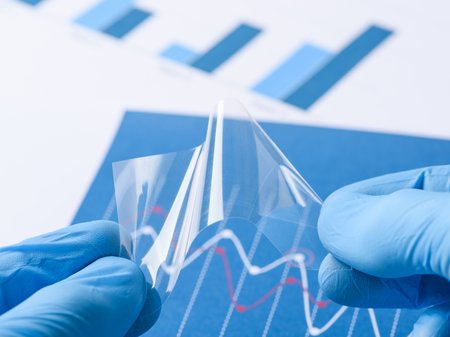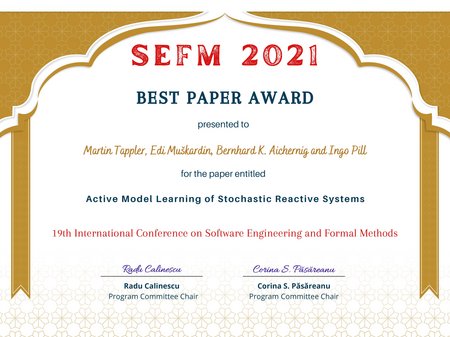Silicon Austria Labs GmbH, in the research triangle of Graz – Linz – Villach, has become a European research hub for the electronics industry, increasing Austria’s international visibility. As part of a strategic research topic, which started in 2020, we investigated piezo-MEMS devices and, in particular, piezoelectric micromachined ultrasonic transducers (PMUTs). Although great advances had been achieved by bulk ultrasonic transducers, the laborious manufacturing process limits the realization of cost-effective ultrasonic systems with advanced array design. As an alternative, PMUTs are showing their great advantages in next generation ultrasonic system. This kind of transducer consisted of a vibrating diaphragm with a diameter of one hundred micrometers.
The strain mismatch between the piezoelectric and silicon layer drives the diaphragm to vibrate in its resonance frequency. The transducer element is usually assembled into an array to improve the output power. Compared to conventional (bulk) ultrasonic transducers, this transducer has the advantage of being low cost, having advanced array design, smaller size and much lower excitation voltage.
In the year 2021, we focused our work on establishing a simulation and experimental platform for PMUT development. Using a specific system-level simulation platform developed at SAL and combined with an equivalent circuit model, we are now able to accurately and efficiently simulate and optimize the array performance of the PMUT. Numerous companies are currently looking for PMUT-based ultrasonic systems. Soon, such systems could be used in emerging applications such as smart wearables, miniaturized medical devices and future mobility.
Impact and effects
End of October 2021, we presented our work at the IEEE SENSORS 2021, one of the most prestigious conferences in the field of microsystems, online. In addition, this work will lead to different patents and articles in international scientific journals.
Several companies have already agreed on a research cooperation with SAL for the development of PMUT-based systems.










